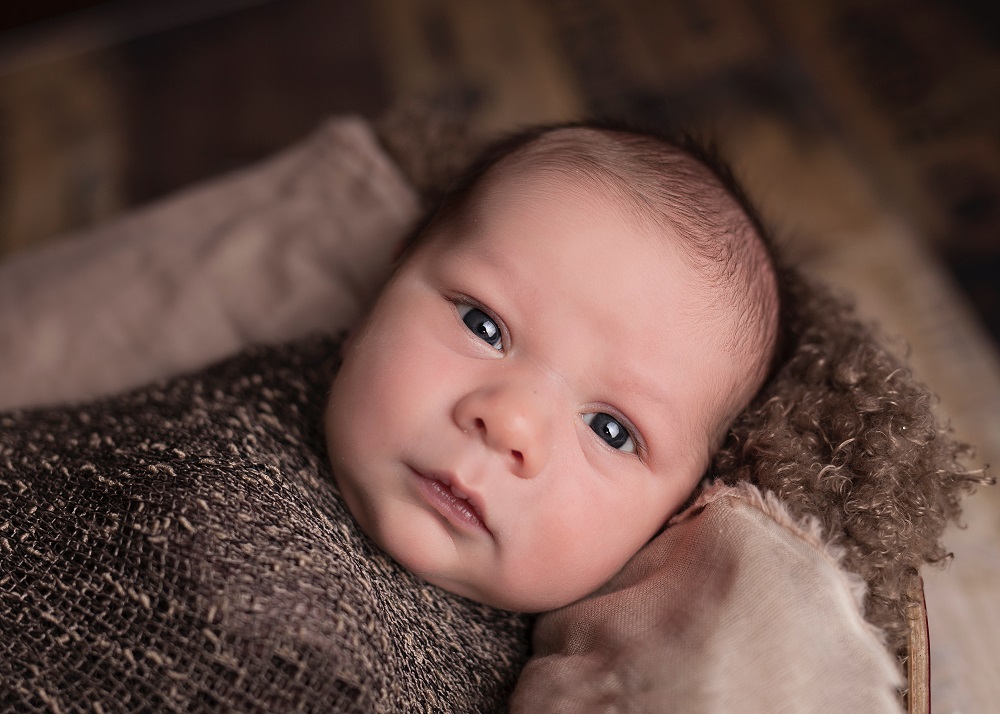Many parents are concerned about this problem. In fact, the baby’s dental care should be divided into three steps, brushing training should also be carried out step by step.
The first stage: When the baby begins to grow the first tooth, that is, about six months old, parents should help the baby brush teeth. The specific approach is: parents wrap their fingers with clean gauze, dip in cold boiling water, help the baby clean the mouth, wash the teeth and attachments on the gums. This oral care method usually lasts until the baby is two years old, all the deciduous teeth erupt.
The second stage: From the age of two to two and a half, parents can choose the right toothbrush for their baby and hand-in-hand to teach the baby the correct method of brushing teeth every morning and evening. The method is: brush the upper teeth from top to bottom and along the seam; brush the lower teeth from bottom to top, then carefully brush the grooves of the molar occlusal surface, in order to effectively prevent the occurrence of decay.
Stage 3: Since the age of 3, the baby has been trained for half a year. Maybe he can finish the basic action of brushing his teeth independently. You just need to guide him a little guidance. The important thing is to let the baby develop good oral hygiene habits from an early age.
In addition, in the use of toothpaste, experts recommend that parents should strictly control the amount of baby toothpaste in order to prevent the baby from swallowing by mistake, because most of the toothpaste currently sold in the market contain fluoride, and excessive fluoride intake is harmful to health. The appropriate amount of toothpaste is mung bean size.
When should we take the baby to the dentist?
In the United States, the Dentist Association recommends that parents take their baby to a dentist’s clinic for a dental examination when he reaches the age of one. If parents can ensure that the baby’s mouth is clean every day, they can wait until the baby is three years old to see a dentist. Of course, there are also some unexpected situations in life. When the following happens, you must not hesitate to take your baby to see a doctor.
Situation 1: When the baby complains of a toothache.
Toothache is a sign of decayed tooth and must be treated as soon as possible.
Situation 2: The baby’s teeth feel uncomfortable with hot and cold food or drinks.
This indicates that the teeth may have been damaged.
Situation 3: A small piece of the tooth has fallen, or the tooth has been damaged because of a fall.
Seek a doctor quickly to remedy or make necessary treatment.
It’s not easy to take your baby to the dentist. You have to make the necessary preparations. In advance, you can tell the baby you will take him to see a doctor, the doctor will do some tests. If you have time, you can play “role games” with your baby first. You are a doctor and the baby is a little patient. You take a toothbrush and pretend to check his mouth to make him adapt to the feeling. Then you play “little patient” and let the baby try to be a doctor. In this way, it may alleviate the baby’s fear.
Notices: When you go to the hospital, don’t forget to bring your baby’s favorite toys and food as a reward.
Medical problems related to deciduous teeth
1. What if the baby’s teeth are out of order?
The irregular arrangement of deciduous teeth is mostly due to jaw dysplasia and insufficient jaw length. The crowding of deciduous teeth should be treated as early as possible. The arch should be enlarged and the teeth should be aligned with appliances. Generally, babies over 4 years old can receive treatment. Early preventive orthodontic treatment is very effective in preventing irregular permanent teeth. In addition, parents need to be reminded that the baby should be given more coarse grains, chewing exercise is conducive to the development of the jaw.
2. Does it matter if the deciduous teeth are broken?
Healthy deciduous teeth can ensure the normal development of permanent teeth and guide the normal eruption of permanent teeth. If deciduous teeth develop abnormally or suffer from dental caries, it will directly affect the development of permanent teeth. If deciduous teeth caries is especially serious, it will affect the root apex of deciduous teeth, and it will inevitably affect the development of permanent teeth, resulting in dental morphology deformity. This is not trivial. Young parents should not take it lightly. Once dental caries is found, they should be treated and filled by doctors in time to prevent secondary pulpitis, pulp necrosis or periapical periodontitis.
3. How is it that deciduous teeth are easily impacted by food?
Primary teeth are easily impacted by food because of their unique anatomical shape. In addition, the primary teeth have physiological space, which is located between the mandibular deciduous incisor and the mandibular deciduous canine, and between the maxillary deciduous canine and the maxillary first deciduous molar. Some children have well-developed jaws and sparsely arranged deciduous teeth, which are called lacunar dentition, and are also prone to food impaction. Parents and children should learn to floss, which can easily remove food residues, keep teeth clean and prevent tooth decay. Of course, if it is due to caries caused by food impaction, it is necessary to go to the hospital in time to fill the cavity.

